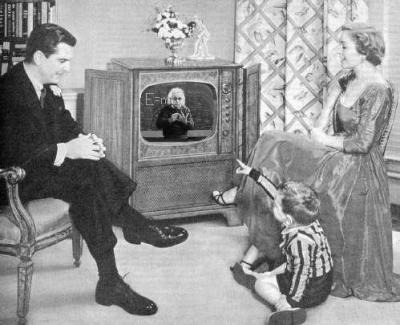- Less credit for homeowners to buy new homes or refinance current mortgages.
- Further decline in home prices, as people find it harder and harder to buy a home or keep their current one.
- Less credit to buy new cars, borrow money to fix old ones, and hence, get to work.
- Less credit for businesses to buy materials and produce goods.
- Less economic activity all around.
- Slower job growth, as people can't get to work, are busy fighting for their homes, lose their jobs because their employers go under, or a scary combinations of all three.
From the Journal, an op-ed by Kenneth Lewis, one of those overpaid CEOs, who in spite of all that, can still expound coherently why this bailout is good for everyone:
"The proposed rescue legislation accomplishes one simple goal: It provides a buyer (the Treasury) for financial assets that cannot be priced today because the market for such assets has temporarily frozen up, enabling financial institutions to stabilize their balance sheets, regain confidence in the system and one another, and start lending again....In the meantime, consumers [that's people like you and me*] will see value as money starts to flow, home prices stabilize, and the economy avoids what could otherwise be a deep -- and preventable -- recession.Overblown hype? Probably more than a little. But can we risk sitting on our hands and doing nothing, while we lose the means with which to make home loans, car loans, and business loans which make our jobs work and keep us working?
Mr. Economist, I agree with you. Congress should pass it. And soon.
*Added by me, not that it makes more/less sense with or without it.





No comments:
Post a Comment